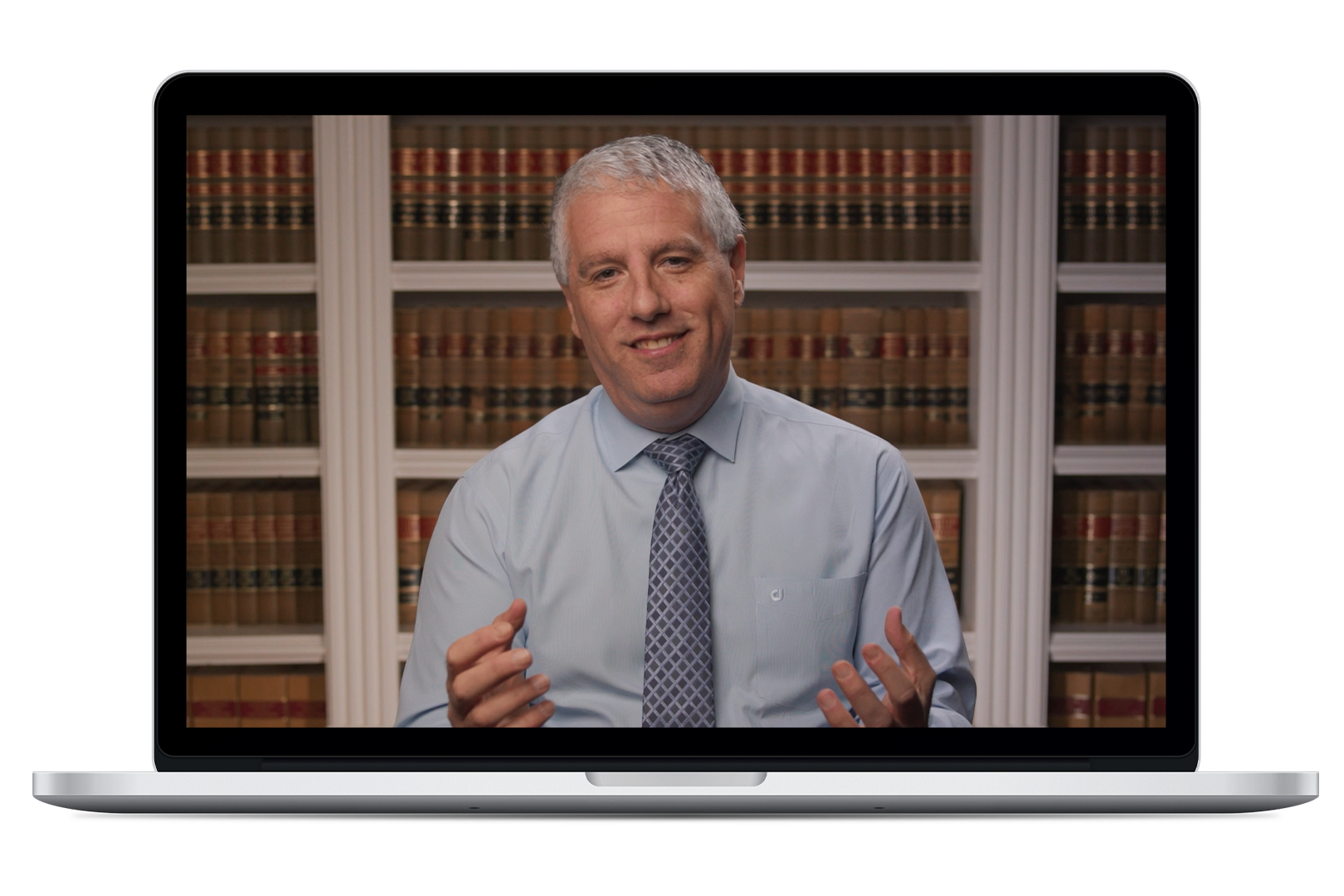Ethics, Rationalizations and Human Fallibility

Overview
Online
Description
Acting ethically seems easy. In theory, an individual can assess a decision, consider the ramifications, and reach a conclusion that conforms with their own ethical code. In reality, acting ethically is a constant battle against your subconscious, reactionary brain.
As a fraud examiner, it is important to understand how your subconscious can lead you astray and how fraudsters fall prey to common rationalizations and justifications for unethical acts. The same issues that lead to ethically dubious decisions can affect you in the course of your investigation. Fraud examiners must recognize these issues, develop ways to deal with them, and help organizations create more-ethical cultures. In this course, Bret Hood, CFE, discusses the blind spots of our reactionary subconscious and the ways fraud examiners can remain ethically conscious.
Prerequisites
None
You Will Learn How To:
Recognize how our subconscious minds affect ethical decision-making
Describe psychological blind spots that impede ethical decision-making
Develop methods to prevent unconscious biases from impacting ethical decision-making
Table of Contents
| Unit 1 | Ethics and Our Reactionary Brain (Video length - 17:42 minutes) |
|---|---|
| Unit 2 | Motivated Blindness (Video length - 14:28 minutes) |
| Unit 3 | Indirect Blindness (Video length - 11:32 minutes) |
| Unit 4 | Psychological Distancing (Video length - 13:27 minutes) |
| Unit 5 | Organizational Ethics (Video length - 16:24 minutes) |
| Unit 6 | Insight into the Expert (Video length - 4:59 minutes) |
CPE Information
| CPE Credit: | 2 |
|---|---|
| NASBA Information: | Behavioral Ethics |
| Advance Preparation: | None |
| Last Updated: | February 2025 |
| Delivery Method: | QAS Self-Study |
About the Expert
Bret Hood, CFE - Expert

Hood served 25 years as an FBI special agent before becoming a member of the ACFE faculty, as well as an adjunct professor of forensic accounting for the University of Virginia and Mt. St. Mary’s University. During his tenure with the FBI, Hood worked many complex financial crime, money laundering, corruption, and major cases, such as the 9/11 terrorist attacks, the HealthSouth fraud, and the Maricopa Investments case.
Policies
CPE Credit
Please note: To be eligible for CPE credit, you must complete the final exam within one year of purchase date. You may only claim CPE credit for a course once.
ACFE Expert Insights Self-Study Courses
Features:
- High-quality, on-demand video lectures on anti-fraud topics given by experts in the profession
- Engaging, interactive course elements
- 24/7 access to courses through your Internet browser
- Save time and quickly earn CPE credits with instant access, grading and printable certificate
- The flexibility to start or stop a course and pick-up right where you left off
- No additional shipping fees
Learn more about accessing your course.
System Requirements:
- Internet access: High-speed connection recommended
- Speakers required for video sound
 The Association of Certified Fraud Examiners, Inc. is registered with the National Association of State Boards of Accountancy (NASBA) as a sponsor of continuing professional education on the National Registry of CPE Sponsors. State boards of accountancy have final authority on the acceptance of individual courses for CPE credit. Complaints regarding registered sponsors may be submitted to the National Registry of CPE Sponsors through its website: www.nasbaregistry.org.
The Association of Certified Fraud Examiners, Inc. is registered with the National Association of State Boards of Accountancy (NASBA) as a sponsor of continuing professional education on the National Registry of CPE Sponsors. State boards of accountancy have final authority on the acceptance of individual courses for CPE credit. Complaints regarding registered sponsors may be submitted to the National Registry of CPE Sponsors through its website: www.nasbaregistry.org.
Ordering and Returns
Satisfaction Guarantee
If you are not 100% satisfied with any ACFE product, you may return it to us, provided it is in excellent condition, for a full refund of the item minus the cost of shipping. Toolkits and bundles may only be returned as a complete set.
Ordering & Returns Policy

